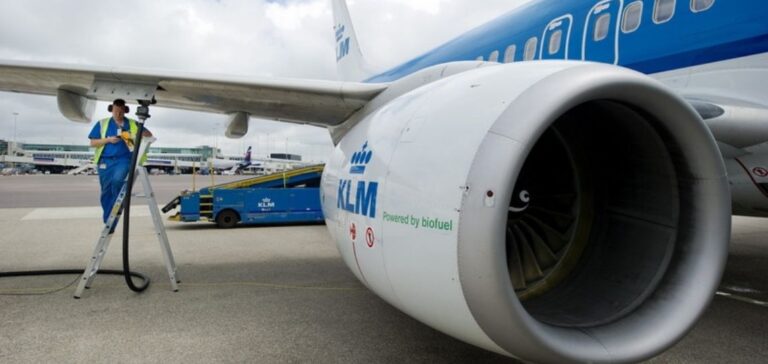The EU’s major airlines, grouped under the umbrella of Airlines for Europe (A4E), are warning of the delay in the production of Sustainable Aviation Fuels (SAF) in Europe. By comparison, the United States, thanks to itsInflation Reduction Act(IRA), is making rapid progress. Lufthansa’s Carsten Spohr stresses the need for strong incentives, similar to those in the USA, to stimulate European SAF production.
European constraints and challenges
The European Union has set progressive quotas for the integration of FAS in kerosene, with a target of 2% by 2025, rising to 70% by 2050. However, IAG’s Luis Gallego points to insufficient SAF production in Europe, unable to meet future needs. In his view, the lack of investment and construction of SAF plants in Europe is alarming.
Implications for the airline industry
European airline executives, from Ryanair to Air France-KLM, are expressing concern about the industry’s ability to meet the EU’s FAS mandates. They highlight the risk to the sector’s competitiveness, underlining the urgent need for concrete action. The aim of the Brussels meeting was to raise awareness of these crucial issues among the future European Commission.
Sector-specific requests
A4E calls for protective measures against air traffic strikes, proposing extended notice periods for union strikes and individual declarations. These requests follow a year marked by major disruptions. We also reiterate our call for a reform of European air traffic control, envisaging fuel savings and time gains.
SAF, a strategic challenge
The commitment to SAF illustrates the airline industry’s determination to contribute to the fight against climate change. However, the success of this energy transition requires close collaboration between airlines, governments and the European Union, to overcome current and future challenges.
The production of sustainable aviation fuels remains a major challenge for Europe, which is seeking to align its ecological ambitions with industrial and economic realities. European airlines play a key role in this transition, calling for concerted action to secure a greener future for the airline industry.






















